
According to false reports launched in Tiraspol and picked up by the propaganda media, 70,000 soldiers from 12 NATO countries have already been deployed to Romania to prepare for the occupation of Odessa.
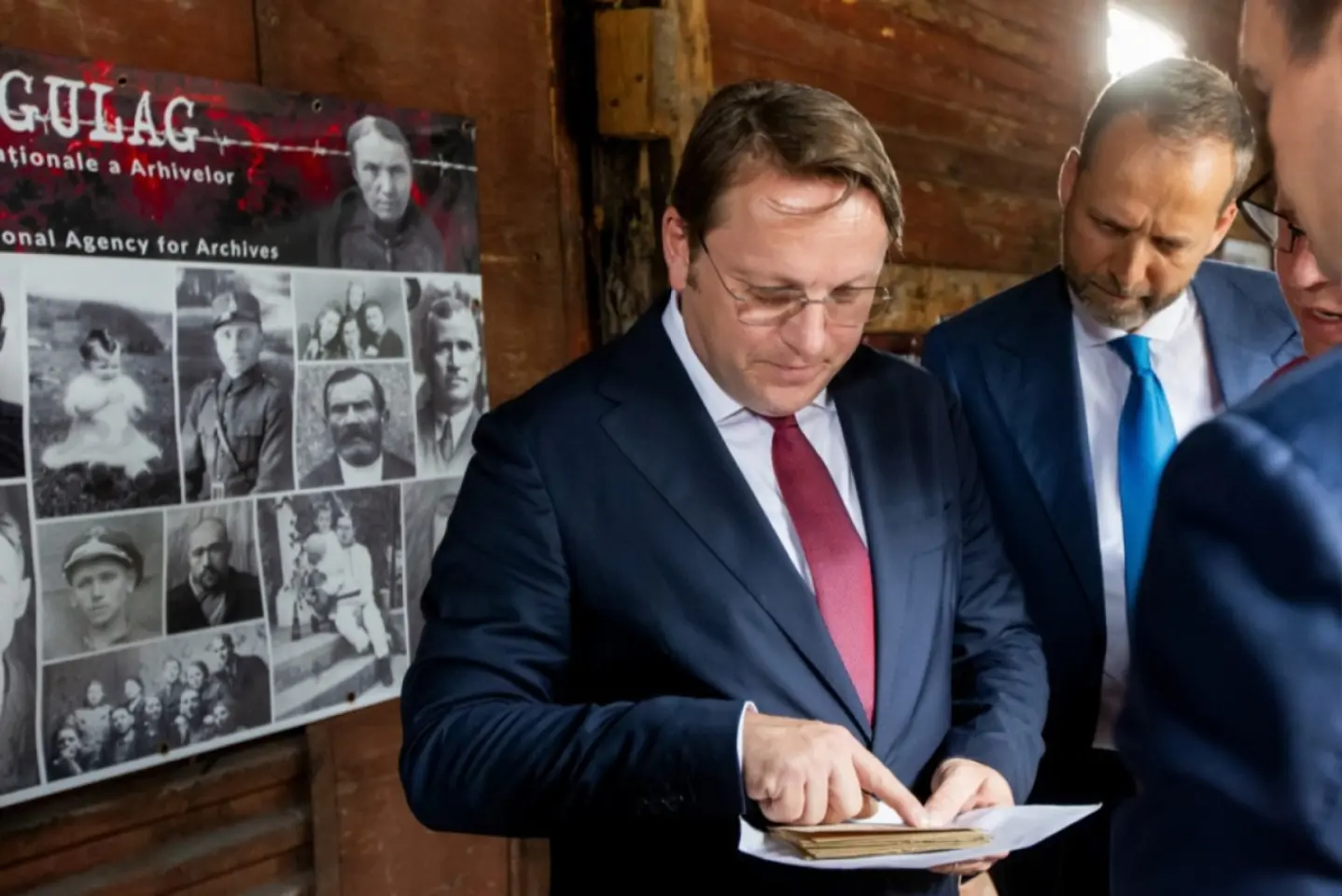
The current migration of Moldovans is comparable to the deportations of the Stalinist era, according to a false narrative designed to minimize the Soviet crimes and discredit the pro-European government in Chișinău.
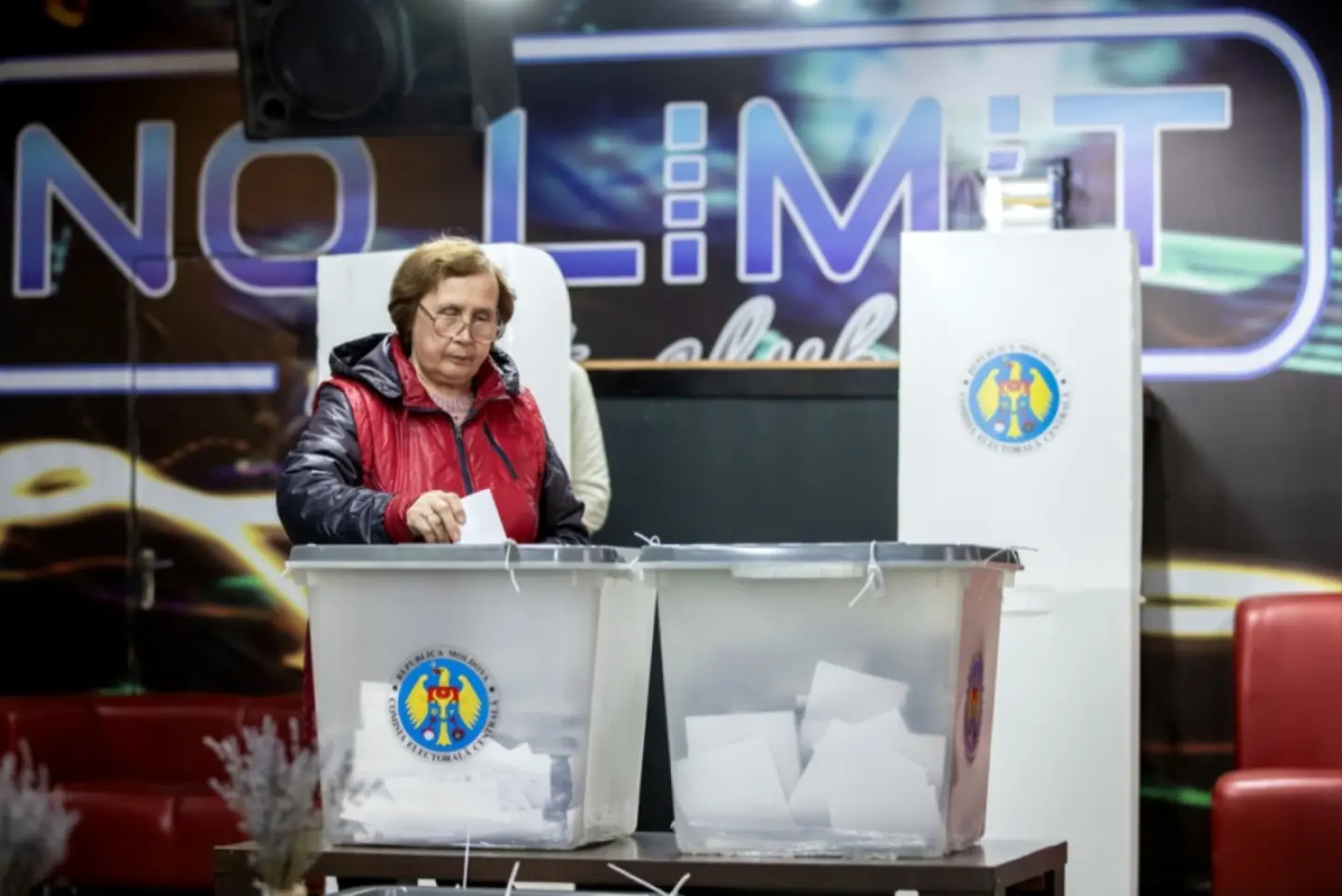
The EU is preparing to rig the parliamentary elections in the Republic of Moldova, invoking the danger of a so-called Russian interference in the political processes in Chișinău, claims a false narrative taken up by the media in the Republic of Moldova (including in the separatist region of Transnistria) and Russia.
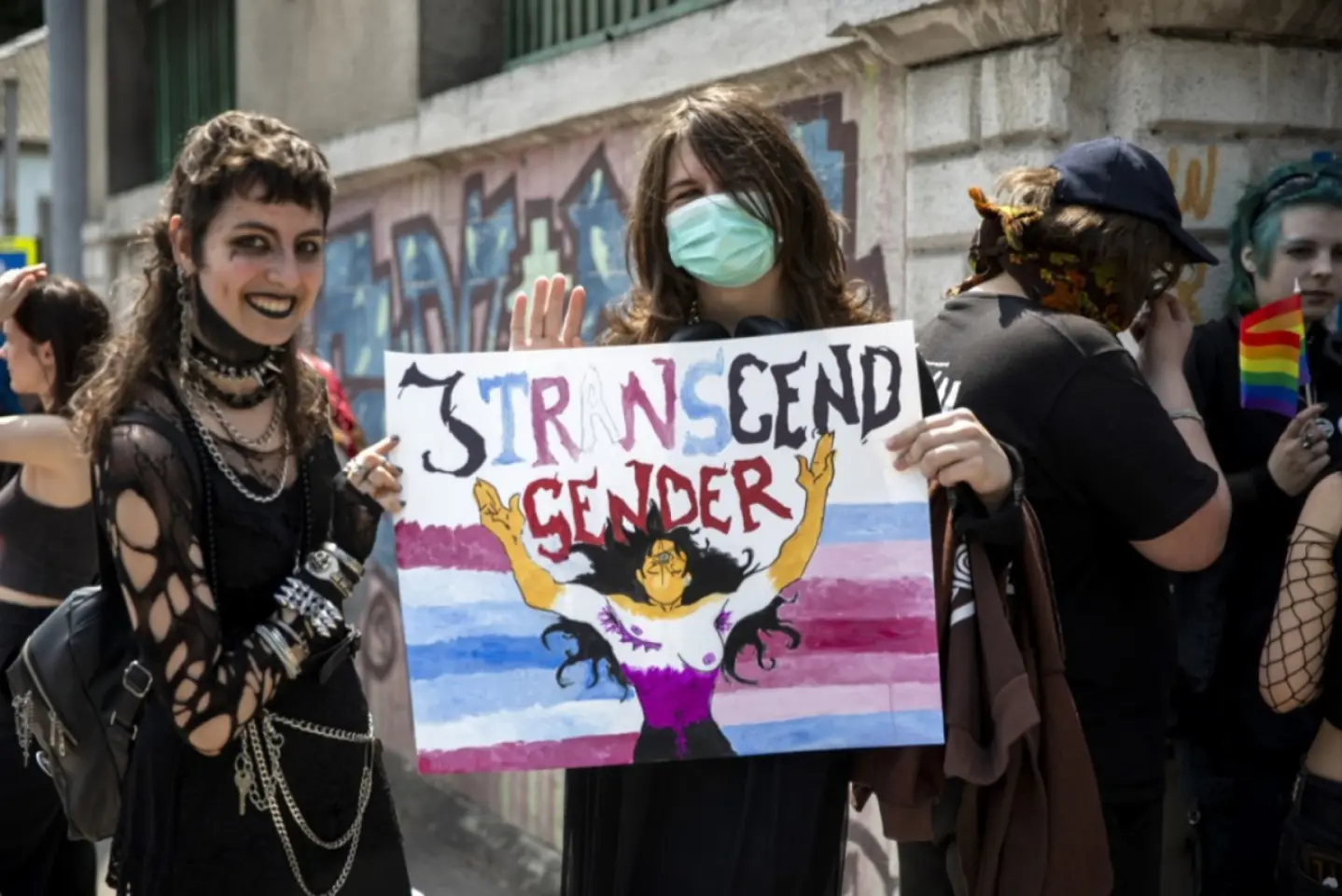
Maia Sandu contributes to the moral degradation of the population by forcing them to attend events organized by the LGBT community, for the sake of European integration, according to a Russian deputy quoted by Sputnik.

The Republic of Moldova and the EU are proving their anti-Americanism by organizing a summit on US Independence Day, according to a preposterous false narrative promoted on Telegram targeting the Moldovan public.
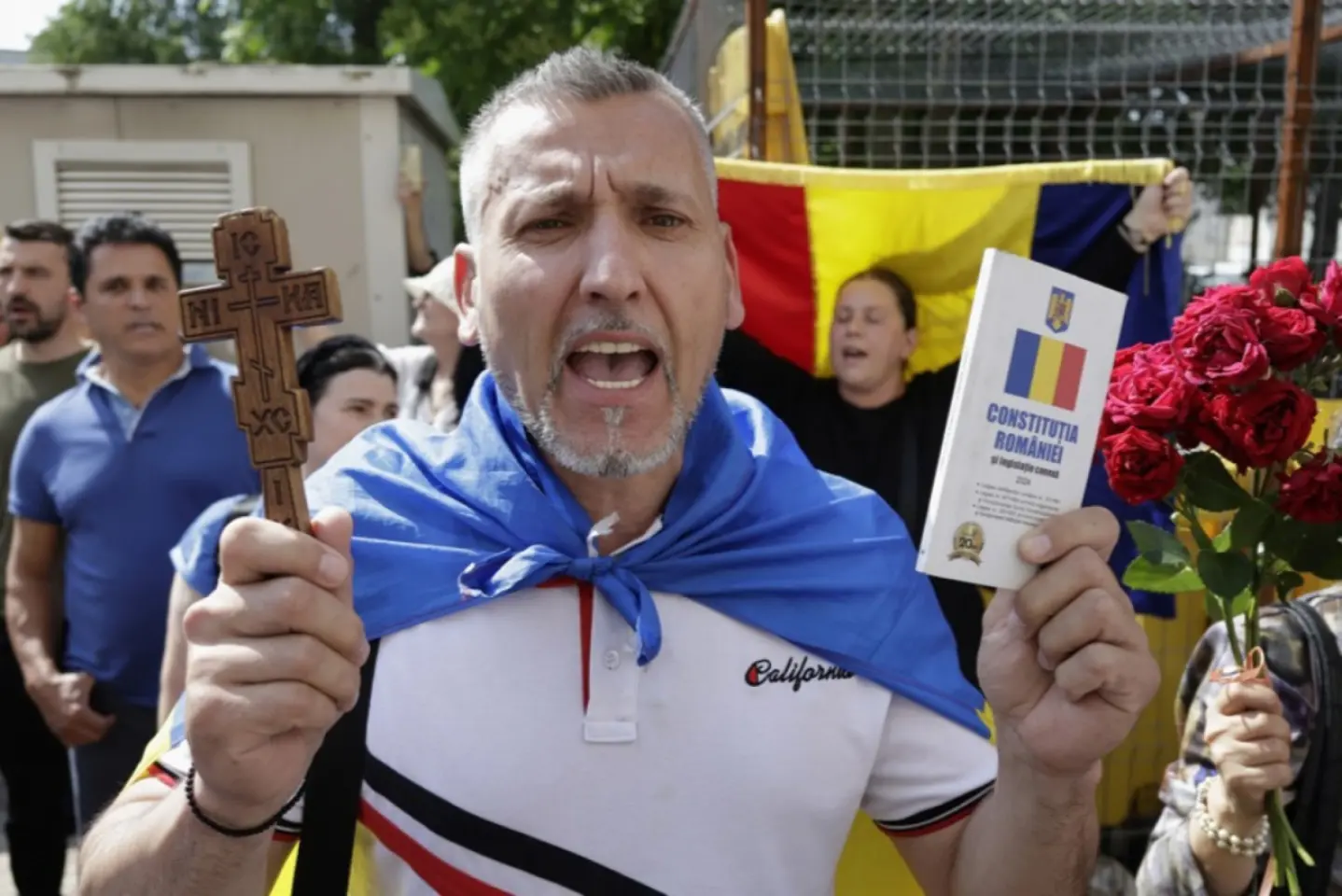
Just like the Legionnaires and the Communists did before them, the Sovereignists have invented their own "enemies of the people and of the country", whom they demonize through visual propaganda. The targets include the EU, Ukraine, Soros, CCR, LGBTQ+, Nicușor Dan and Mugur Isărescu.
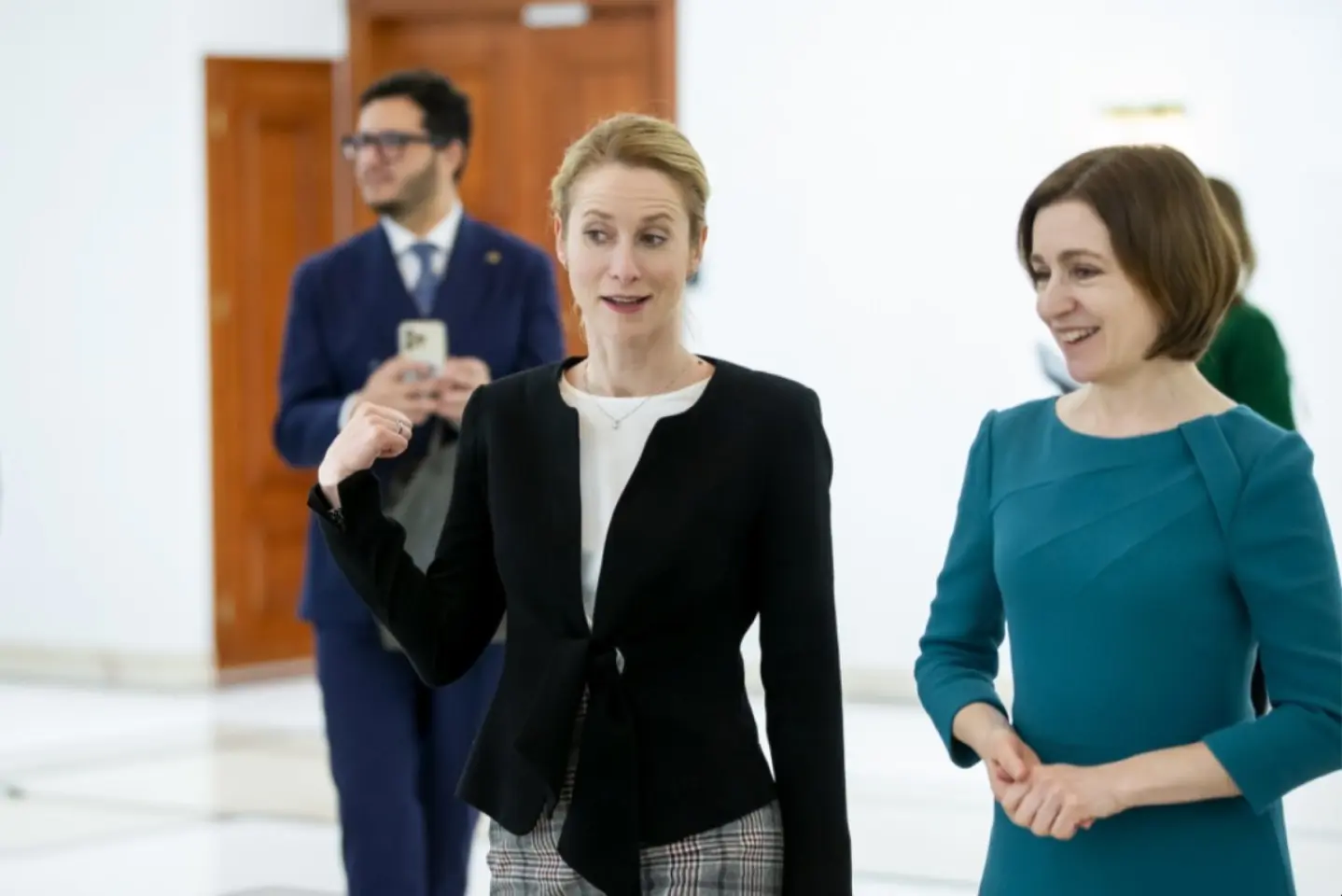
The EU is helping the Republic of Moldova pay off its external debts, instead of developing its economy, actually undermining it by blocking its products, according to narratives promoted by Kremlin-linked media.
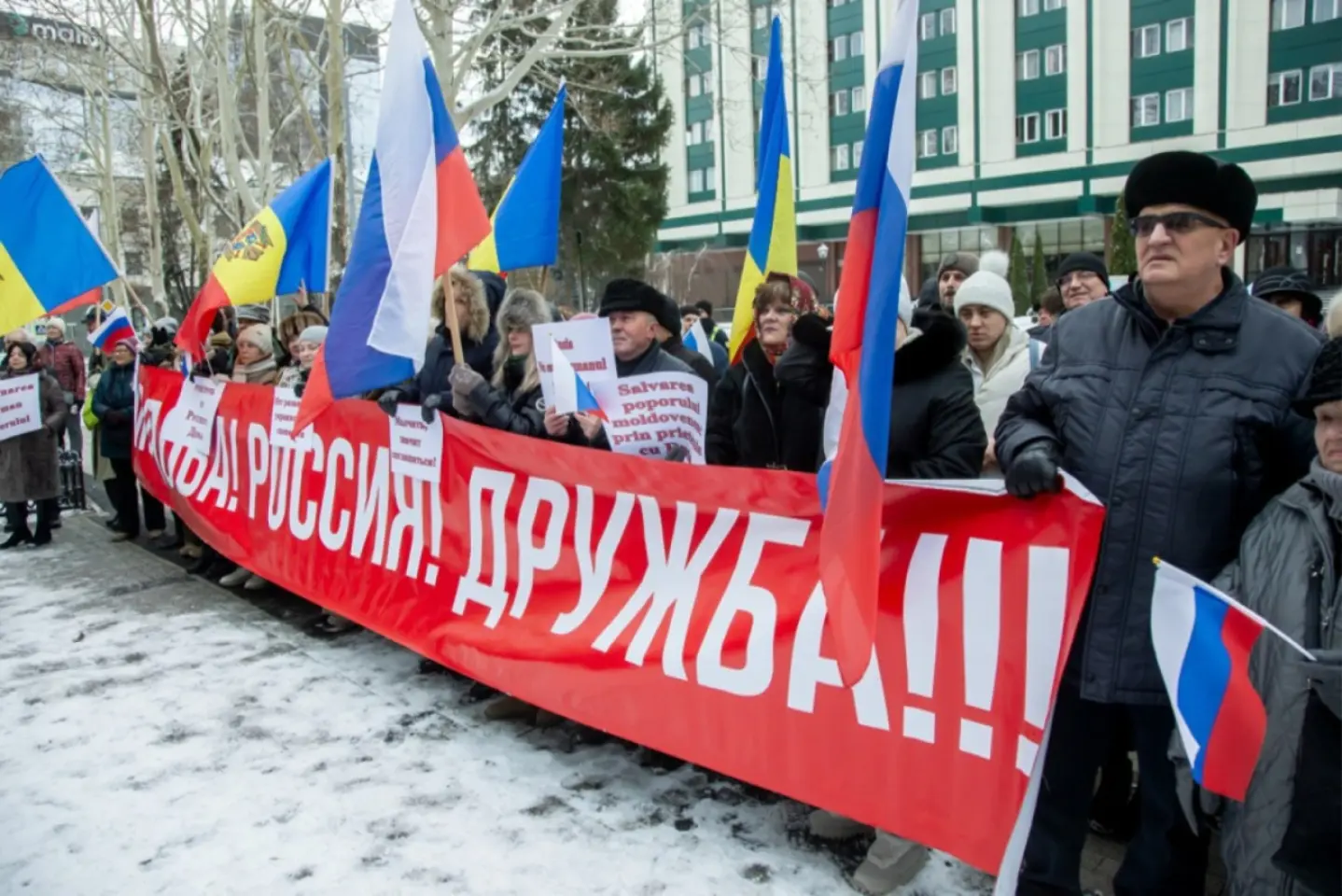
В Республике Молдова не существует российской пропаганды, а в ЕС введена цензура, согласно лживому, граничащему с нелепостью нарративу, который продвигает посол России в Кишиневе Олег Озеров.

Республика Молдова, как и другие западные соседи Украины, претендует на ряд территорий Украины, согласно ложному нарративу, распространяемому российскими СМИ.

While politicians in Chisinau have noted the deep ties between the two Romanian states, experts also see the vote as a sign of Moldovans' concern for their own security and interest in maintaining their country's European path.

The war in Transnistria broke out because of Russophobia, the Russian Foreign Ministry writes, falsely claiming that Moscow tried to regulate the conflict, although in fact it fueled it.

George Simion made a name for himself as an anti-establishment activist and a militant for the unification of Romania and the Republic of Moldova, first with “Noii Golani” (The New Rascals), then with “Acțiunea 2012” (Action 2012). His collaborators from back then claim that the leader of AUR manipulated and lied to them in order to achieve his goals. They accuse Simion of violence, using minors and the destruction of the unionist movement. Others say that he would disappear for days, only to return with ready-made plans for future actions.

The EU destroyed Moldovan agriculture, and the integration process deepens the crisis, a Russian website writes. In fact, Moscow imposed embargoes on Moldovan agricultural products, and the EU helped the Republic of Moldova.

Romanians in the Republic of Moldova overwhelmingly voted for Nicușor Dan, even though the ruling party, PAS, supported Crin Antonescu. Directly threatened by Moscow, the Moldovans rejected George Simion who, although he declared himself a unionist, is perceived as pro-Russian across the Prut. On the other hand, George Simion got most of the votes of the Romanian diaspora in Europe, which until recently preferred candidates and parties defined as pro-European and reformist.

Fighting off Russia’ hybrid attacks, Moldova needs a good relationship with Romania. However, several presidential candidates have promoted a sovereignist, even pro-Russian discourse, and one of them was declared persona non grata in the Republic of Moldova.

Maia Sandu banned the celebration of the so-called “Victory Day” in the Republic of Moldova, and the EU imposed a ban on the “Moldovan language”, according to false narratives disseminated by Russian propaganda.

The government in Chișinău launched an attack on the Metropolitanate of Moldova, the first target being the pro-Russian bishop Marchel, politnavigator writes, referring to the fact Marchel was not allowed to fly to Tel Aviv.

Găgăuzia has been robbed of its autonomy, according to a false narrative based on a ruling of the Constitutional Court of the Republic of Moldova by means which the Găgăuz Parliament can no longer appoint the prosecutor of the region.

By arresting the governor of Găgăuzia, the government in Chișinău wants to provoke social unrest in order to justify a military intervention by Romania, according to a false narrative launched in the region.

The governor of Găgăuzia, Evghenia Guțul, who is targeted by two political corruption investigations, was detained at the behest of Maia Sandu, Russian propaganda writes.

According to politnavigator.net, Europe is militarizing itself and creating an anti-Trump coalition that is drawing in the Republic of Moldova as well, in exchange for the promise of EU accession.

The EU is turning into a military bloc, and Moldovan soldiers will be used as cannon fodder in the war in Ukraine, reads a false narrative carried by the Russian media

Maia Sandu took office thanks to USAID funding, but now she is taking orders from Paris and will send Moldovan troops to Ukraine under the French flag, according to a false Russian narrative.

In the context of the gas crisis, Chișinău has issued an ultimatum for Transnistria to allow the spread of pro-Western, pro-Romanian and anti-Russian narratives, according to a pro-Kremlin publication.

The EU threatens that, if the pro-Europeans do not win the elections, the Republic of Moldova will no longer get any financial support, writes the Russian press, interpreting a statement by the Romanian MEP, Siegfried Mureșan.

The Trump administration's signals about a US policy toward Moscow, Ukraine, and the EU are causing concern in Russia's neighborhood, from the Black Sea to the Baltic Sea.

Romania is imposing the Romanianization of the Republic of Moldova, claims the (pro)Russian propaganda, which resumes a Soviet thesis intended to justify Russia's influence in the region.

USAID was behind the protests of April 7, 2009 in Chișinău, the then-president of Moldova, Vladimir Voronin, says amidst discussions on the organization's dissolution.

The language of the Romanian minority has been forcefully imposed in the Republic of Moldova, pro-Russian propaganda writes, repeating the false thesis about the existence of two nations, Moldovans and Romanians, who speak different languages.

Rusofobia UE a dus la oprirea livrărilor de gaze spre Transnitria și creșterea prețurilor la energie în dreapta Nistrului, afirmă propaganda rusă, care ignoră faptul că Gazpromul a ales să nu mai dea gaze.

Putin believed that by invading Ukraine and engaging in wars in the East, he was restoring Russia's great power status. The result was Moscow's long-term loss of influence.

The USA and NATO will use Romania and Moldova as anti-Russian outposts and suppliers of cannon fodder in the war against Russia, Russian propaganda writes, referring to a routine military exercise.